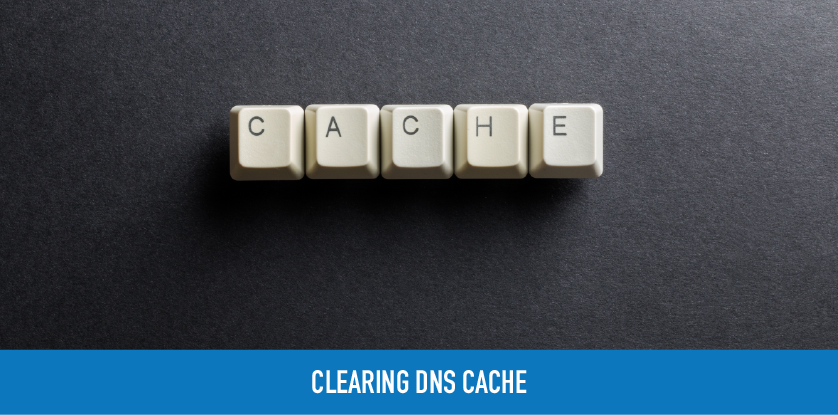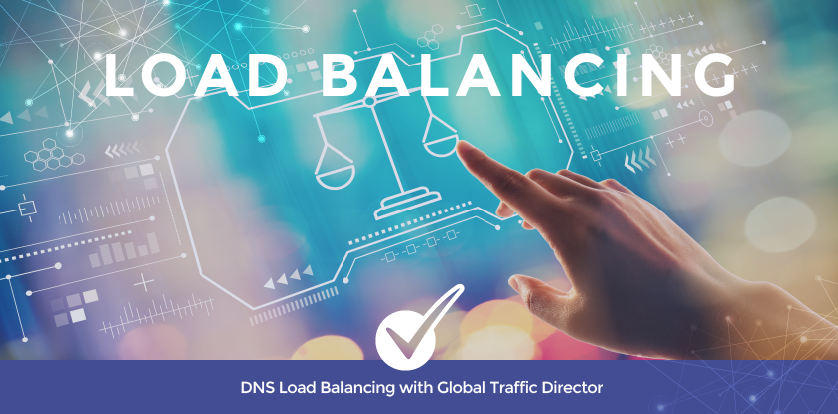
Resources:

Categories:
Book a Free Demo →
Want DNS Freebies?
Give us your email and we'll send you the good stuff.

Categories:
Heather Oliver is a Technical Writer for Constellix and DNS Made Easy, subsidiaries of Tiggee LLC. She’s fascinated by technology and loves adding a little spark to complex topics. Want to connect? Find her on LinkedIn.
https://www.linkedin.com/in/heather-oliver
When first introduced, Virtual Private Networks (VPNs) were mainly used for accessing business networks securely. Today, in no small part due to cyber threats and privacy issues in a digitized world, VPN is used by millions of home and business users alike.
VPN Meaning
As the name implies, a Virtual Private Network is a private connection to an otherwise public network. For instance, if you are accessing WiFi from your local Starbucks or at a hotel while on vacation, your connection isn’t secure. VPN is a solution that helps counter security and privacy issues while being connected to the internet.
How Does VPN Work?
VPN isn’t just limited to securing public WiFi connections or accessing business networks. It’s also used to browse the internet privately.
A VPN connection masks your IP address and physical location from the world. When you establish an internet connection with a VPN, all of your web traffic is first directed to the VPN server before it’s “broadcasted” to the web. Rather than seeing your IP address, any site or service you’re connected to will see the IP address of the VPN.
When using a VPN, your data is also encrypted. This keeps your browsing activity safe from prying eyes. Who might those prying eyes be? Your internet service provider (ISP), businesses with a really bad sweet tooth who can’t get enough cookies, the government, random strangers online, and of course, hackers who take no greater joy than stealing personal information and wreaking havoc on the internet.
What Does a VPN Do?
As discussed earlier, a VPN encrypts your internet traffic data, masks your personal IP address, and allows you to access business networks securely—but that’s not all. This technology affords you the privacy and security you would otherwise lack with a standard internet connection.
Other VPN perks include anonymity and identity theft protection. It also helps circumvent government censorship and some geographic restrictions of streamed content. Of course one of the biggest draws to VPN is the ability to avoid ISP tracking. It’s well known that ISPs track and store everything you do online. Even if all you do is shop for groceries and post photos on Facebook or Instagram, you have to admit it’s kind of creepy for every move you make online to essentially be recorded. Don’t want that? VPN might soon be your new best friend.

Best VPN Options
If you’re interested in using a VPN, there are free and paid options available, but as with anything else, not all VPN services are created equal. Free options are a viable solution for many casual home users, but premium VPN tends to be more secure. The main reason for this is that many free VPN services typically use the Point-to-Point Tunneling Protocol (PPTP), whereas most paid versions rely on Layer Two Tunneling Protocol (L2TP) or platforms like OpenVPN, which is one of the safest and most secure protocols available.
PPTP, OpenVPN, and L2TP Protocols
OpenVPN is open-source, so you don’t have to worry about anything sinister being hidden within the code. It is fully transparent and available for anyone to see. This also means that any holes or vulnerabilities in the code are spotted and corrected quickly, before most users can be exploited.
PPTP is a lower-level encryption that uses 128-bit keys. This makes this protocol a bit faster and is typically easier to set up, but less secure. L2TP employs the use of 256-bit keys, and as the name suggests, provides two layers of protection. It’s more secure, but slower than PPTP. All VPN protocols offer more security than nothing at all. Ultimately, you’ll need to decide what best suits your needs and budget when determining which VPN, if any, is right for you.
Here are a few VPN services that are consistently rated favorably among users:
Free VPN Options
If another subscription just isn’t in your budget, most of the premium VPN services offer either a trial version or a free version. The downside to the free versions is that data allotment is severely limited and if you do a lot of surfing, you’ll quickly reach your usage limit. Of course, you can always try The Onion Router (Tor), the open-source network made famous by Netflix’s House of Cards. With this option, you just download the Tor browser and jump down the rabbit hole. Just be careful in there, they don’t call it the “dark web” for nothing!
VPN is Great, but it’s not Perfect
As long as you research your options and know what you’re getting into, you should easily be able to find a VPN option that works for you. The most appealing aspects of this technology are better internet privacy and security. VPN can slow your internet down, though, and some services or sites may not work with it at all depending on the service you’re using and your connection.
It’s also important to note that VPN technology isn’t perfect and it doesn’t hide everything. Search engines still log your search history, and if you’re logged in to Chrome or another browser, your online behavior is still linked to your account. So, if you want absolute anonymity, you’ll need to take greater precautions, but for most users, VPN is a safe and secure way to surf the internet privately.
If you liked this, you might find these helpful:
https://www.avg.com/en/signal/what-is-a-vpn-and-why-should-you-use-one
https://us.norton.com/internetsecurity-privacy-what-is-a-vpn.html
https://www.pcmag.com/news/what-is-a-vpn-and-why-you-need-one

Need better DNS?
We can help.
• Configure with ease
• Prevent DDoS attacks
• Monitor your domains
• Optimize site traffic
• Enhance domain performance
• Free POC Account + Demo
BOOK FREE DEMO
Constellix DNS News
Sign up for industry news and insights. It'll be worth it.
Sign up for news and offers from Constellix and DNS Made Easy














